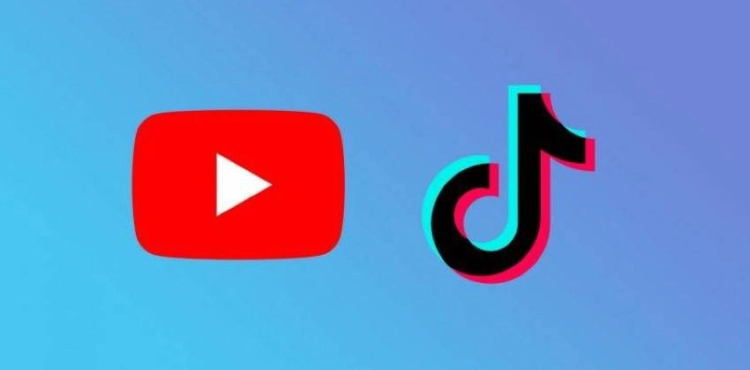Two parallel worlds coexist in Russia: the traditional media - especially television - which is controlled by the Kremlin, and the Internet full of websites critical of the government, which in turn seeks to contain or even replace platforms deemed dangerous.
The YouTube platform became the main source of news for a large number of young Russians. Videos of web star Yuri Dad, who are known for his encounters with well-known personalities, or those published by exhibition Alexei Navalny are becoming more popular.
Immediately after Navalny´s arrest, his team released a two-hour investigation of a luxury palace overlooking the Black Sea believed to be of President Vladimir Putin. The video has garnered more than 65 million views on YouTube since it was posted on Tuesday.
In recent years, the Russian authorities have tightened restrictions on "Runit", the Russian network of the Internet, in the name of combating extremism and terrorism and protecting minors.
In 2019, Russia passed a law to develop a "sovereign internet" with the aim of isolating Ronit from the global network, in a move activists fear that it will strengthen the government´s hold on cyberspace and stifle freedom of expression.
Russia´s communications authority Roscomandzor responded this week to a wave of calls for demonstrations in support of Navalny, threatening social networks with fines if they did not remove content inciting minors to participate in the protests.
On the eve of the protests, Roscomandzor said TikTok had "deleted 38 percent of the information that incites minors to dangerous illegal acts," adding that other social networks, including Instagram and YouTube, have removed content at their request.
However, Facebook said it did not delete any of the information mentioned.
"We have received requests from the local regulatory authority to limit access to certain content that calls for protest," a Facebook spokesperson told AFP.
"Since this content does not violate our community standards, it remains on our platform," he added.
Platforms that fail to comply could face fines of up to 4 million rubles (about $ 53,000 or 43,000 euros), Roscomandzor said.
Russia has previously banned a number of websites that refused to cooperate with the authorities, such as the Daily Motion video platform and the professional networking network LinkedIn.
But blocking YouTube, owned by tech giant Google, will be a more difficult task.
"Roscomandsur does not have a lot of money," said the head of the non-governmental organization Roscomsvoboda for digital rights, Artium Kozliuk. "They have practically no influence."
He added that it was difficult to exert pressure on Western social networks because that would "deal a blow to their reputation" if they made concessions to a political system.
In the case of TikTok, the measures may be due to the Kremlin´s proximity to China, which is a veteran of imposing Internet censorship, but Moscow still lacks knowledge of this popular social network.
The Kremlin-funded R-T network (formerly Russia Today) announced Wednesday that it will provide lessons for officials to understand slang words used by young people on sites such as TikTok.
And last year, Russia admitted failing to block the encrypted Telegram platform, after months of unsuccessful attempts.
Instead, the authorities are seeking to build a domestic competitor platform like "YouTube" - owned by the Russian media group Gazprom Media controlled by energy giant Gazprom - a video platform that currently only publishes government-approved content.
So far the site cannot be compared to YouTube.
But Gazprom Media CEO Alexander Zaharov, the former director of Roscomandsur, confirmed that in the next two years an improved version of YouTube will be launched.
He also announced the development of "Russian TikTok" with the help of Inopractica, a foundation run by Katerina Tikhonova, who is believed to be one of Putin´s daughters.
Kozliuk said that after more than 20 years of free internet service, these efforts are belated.
He added that the authorities "missed their opportunity."












